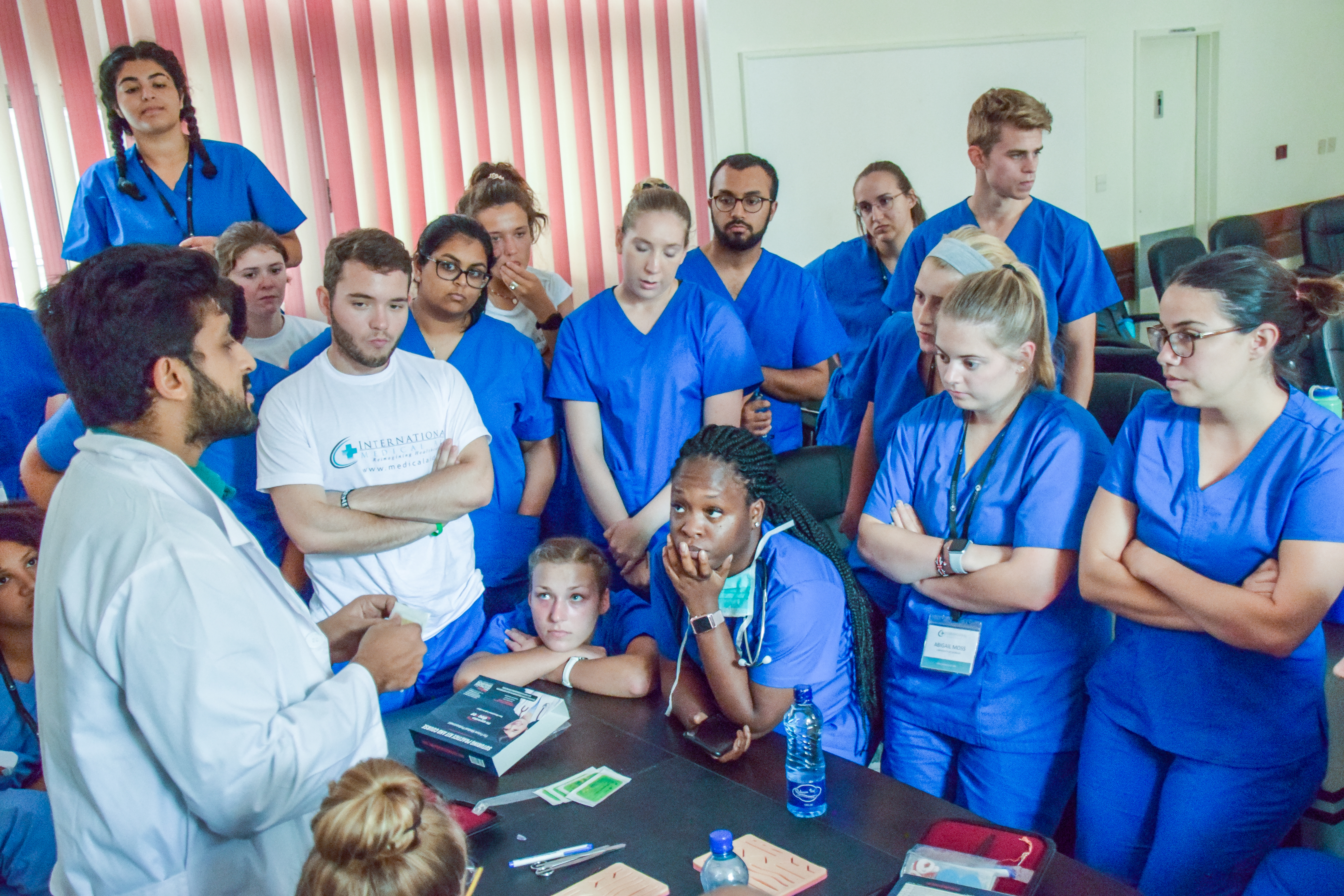The road to medical school is an uphill battle. Aside from being significantly expensive, the journey alone isn’t something everyone can take on. According to the Association of American Medical Colleges, only about 36% of applicants were accepted into a medical school program for the 2021–2022 entrance cycle. This number has declined over the years, showing that it’s a real challenge to apply and get accepted for medical school.
That said, it’s crucial to set yourself up for success by carefully planning every stage you have to go through and every decision you need to make. One such decision that can make or break your journey to being a full-fledged doctor is the choice of college where you’ll be completing your pre-med program. Since an undergraduate or bachelor’s degree is required to attend medical school, you need to shortlist the best colleges for pre-med that can help you build an impressive academic record.
What Are Pre-Med Programs?
The term “pre-med” is probably something you’ve come across more than once, especially after deciding you want to become a doctor one day. Students that identify as pre-meds do so because they want to attend medical school. They enroll in several necessary classes to become ready for medical school. These classes are sometimes referred to as a pre-med track in colleges and universities, generally including organic and inorganic Chemistry with labs, Biology, Physics, Mathematics, Sociology, Ethics, and English.
Prerequisites for pre-medicine don’t technically have to be a part of your curriculum. You can choose any degree and use elective courses to fulfill your pre-med requirements. However, most students who want to become doctors major in natural sciences, including Biochemistry, Physics, Biology, Neuroscience, and Chemistry. Your compulsory pre-med courses will count toward your major if you choose this course of action.
The advantage of a pre-med curriculum is that students are prepared for a wide range of occupations in healthcare, thanks to its thorough coverage of scientific understanding and laboratory work. The pre-med track will ultimately prepare you for the Medical College Admissions Test (MCAT) and the medical school of your choice.
Choosing the Best Pre-Med College
Now that you understand pre-med programs, the next question you will likely have is how you can identify colleges with the best pre-med programs for your chosen career track. In that case, here are some tips you can use:
Consider the School’s Grade Inflation
According to admissions experts, aspiring medical students should aim for a GPA of 3.5 or better to be accepted into a top medical school. Additionally, as grades in scientific subjects will be closely examined to see whether applicants to medical school are academically qualified, students should strive for A and B marks in those courses.
So, it’s ideal to look for a pre-med school with easier grade curves or average to strong grade inflation to give you a higher chance of becoming one of the strongest students in the institution.
Being at the top of the curve indicates having a high GPA because most college programs are scored on a curve. It’s better to identify the best colleges for biology pre-med where you can perform academically well since your GPA will be one of the most crucial factors determining your medical school application.
Look for a Pre-Med College With a Rigorous Curriculum
Tough courses might not be at the top of your college goals, but if you’re aiming for med school, you should look for the best liberal arts colleges for pre-med that offer a rigorous curriculum to ensure you’ll be firmly ready for what med school requires.
If a school is tough on its pre-med tracks, it produces stronger and more qualified medical school students. This should be a good thing, knowing that med schools are pretty selective, with the most selective institutions ranging under 3% in terms of medical school acceptance rates.
Admission committees tend to look for med school aspirants who can show that they can excel in challenging science classes during college. Even if you decide to major in a program outside the science curriculum, taking high-level courses from a rigorous program can give you an edge as a student.
Check Their Research, Mentorship, and Internship Opportunities
When planning for med school admissions, there are several prerequisites and tasks to consider; you need to start thinking about this before or as soon as your freshman term begins. Special pre-med consulting and mentorship programs are incredibly beneficial to ensure you’re on the proper route.
This is because pre-med advising programs focus on assisting students in obtaining admission to medical schools, so they know just what to suggest to keep you in the loop of the best opportunities available.
Another consideration is the school’s research and internship opportunities. Research experience is crucial to possess an impressive med school application. On the other hand, an internship allows you to experience a hands-on approach, which will enrich your resume and widen your horizons.
Final Words
Identifying the best pre-med college is your first step in achieving your med school dream. Although the selection process seems daunting, it’s necessary if you want to embark on a well-rounded pre-medical path that will help you become a great doctor.
So, buckle up and prepare a comprehensive list of colleges that offer the best pre-med undergraduate programs—and from there, you can narrow down your choices and end up with the right one that’ll help you nurture and build a brighter pre-med path.



